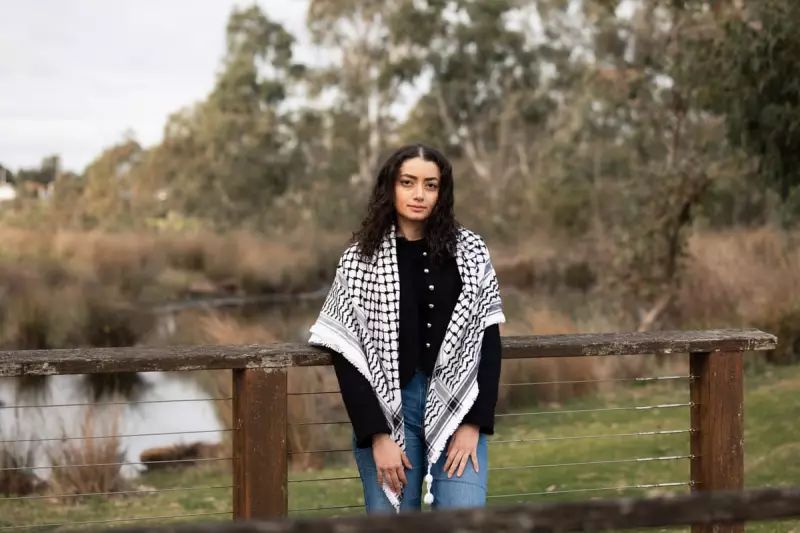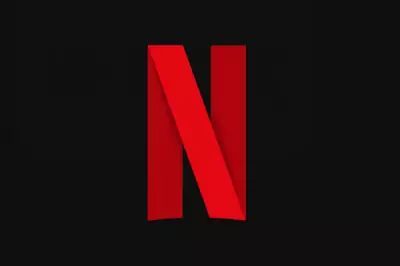
One evening, Plestia Alaqad was doing what millions of young graduates do – scrolling through job listings, messaging friends about career prospects, and planning her future. By sunrise, her world had shattered into a nightmare of explosions and survival.
A Generation's Dreams Obliterated Overnight
The 22-year-old communications graduate from Gaza City describes the abrupt transition from ordinary life to extraordinary circumstances as "something no one could prepare for." Where once her phone buzzed with job alerts and social plans, it now serves as both lifeline and witness to atrocities.
The Making of an Accidental War Correspondent
With no traditional media training, Alaqad became one of Gaza's most vital digital voices, amassing over 4 million Instagram followers. Her raw, first-person footage provided a visceral counterpoint to polished news coverage, showing the human reality behind the headlines.
"We weren't journalists – we were just people with phones," she explains, highlighting how ordinary citizens became documentarians of their own devastation.
Documenting Atrocity While Surviving It
Alaqad's account reveals the impossible duality of her existence: simultaneously experiencing trauma while recording it for the world. She describes filming airstrikes that threatened her own family, interviewing grieving parents while fearing she might soon join them.
The Psychological Toll of Digital Witnessing
The article explores the unique burden carried by this digitally native generation of war witnesses. Unlike traditional journalists who might leave conflict zones, these young documentarians live the story they're telling – with no escape from the horror.
Alaqad speaks candidly about the guilt of gaining followers through others' suffering, the exhaustion of maintaining digital composure while internally crumbling, and the strange dissonance of receiving career opportunities born from tragedy.
A New Era of Citizen Journalism
This phenomenon represents a seismic shift in conflict reporting. When professional journalists cannot access war zones, ordinary citizens become the world's eyes and ears – albeit without protective gear, editorial support, or psychological safeguards.
Alaqad's story embodies both the power and peril of this new reality: authentic documentation at unimaginable personal cost.
Her final message lingers long after reading: "We weren't trying to become journalists. We were trying to make sure the world saw what was happening to us. If we didn't tell our story, who would?"





